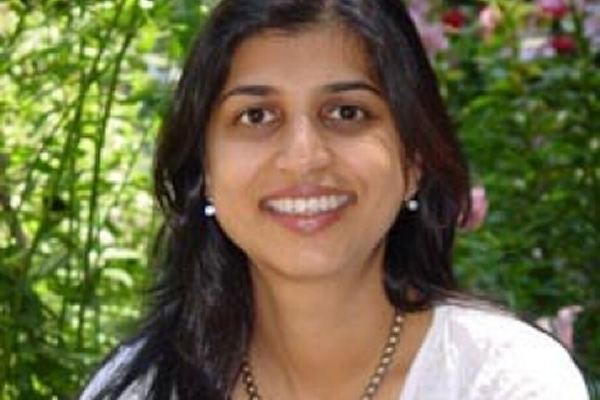
Obesity has long been hypothesized to be linked to certain cancers, but a new study led by a Steinhardt professor Niyati Parekh shed light on the role of insulin — a hormone that regulates the glucose level in blood — in linking obesity with cancer risk.
“Since obesity and cancer rates in the [United States] are high in parallel, my research on the insulin and cancer link is seeking to provide an explanation of the connection between obesity and cancer,” Parekh said.
Parekh, an assistant professor at Steinhardt’s Department of Nutrition, Food Studies and Public Health, recently published a study highlighting the role of insulin in obesity-related cancers. She served as the principal investigator of the study titled “Metabolic Dysregulation of the Insulin-Glucose Axis and Risk of Obesity-Related Cancers in the Framingham Heart Study Offspring Population.” The study was published on Sept. 24 in the journal “Cancer Epidemiology, Biomarkers & Prevention.”
To fund her work, Parekh received a $720,000 grant from the American Cancer Society, and in 2012, she was named an American Cancer Society Research Scholar.
The American Cancer Society chooses the recipients of the grant based on a peer-review system. Parekh was just one of the 2,000 applicants that submitted a proposal.
“Her application was reviewed by outside panels who are senior associate academic scientists from around the country,” said William Phelps, the research program director of the American Cancer Society.
Those external panels were then chosen by an even higher-level panel, of which many are senior directors at cancer centers. This would ensure an unbiased review of the applications, and 100 percent of the research money came from donors.
“An average donation is usually $65,” Phelps said.
From statisticians to genetic epidemiologists, Parekh’s team is a well-rounded collaboration made up of researchers from NYU, Rutgers University and Columbia University.
Parekh used data from the Framingham Heart Study, 60-year study that recruited participants between 1971 and 1975 and then followed them until 2008. Parekh used the data to measure subjects’ serum glucose, insulin and hemoglobin A1c to determine cancer risk.
Parekh and her team concluded that disturbances in body insulin and glucose levels can increase the risk of certain cancers, and obesity can create such disturbances and glucose levels. The high level of insulin and glucose provide an environment that is conducive to tumor growth and survival.
Parekh said she hopes to eventually influence cancer prevention strategies and clinical practice.
“It’s hard to say how long I work,” Parekh said. “It’s my life.”
A version of this article appeared in the Monday, Oct. 21 print edition. Brenda Liu is a contributing writer. Email her at [email protected]






















































































































































